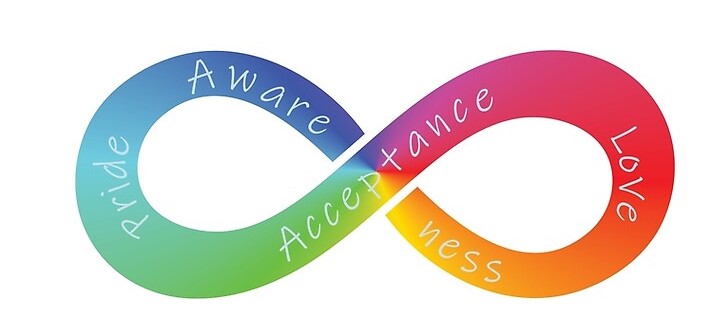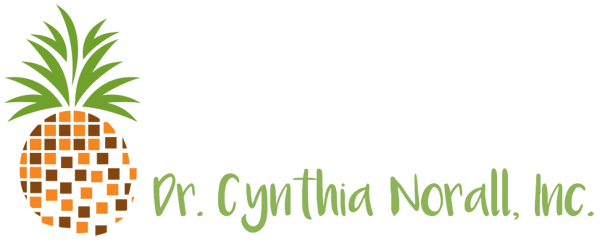Annie states it better than I, this appeared in the 4/18/21 SD Union Tribune
Celebrate, don’t solve autism spectrum disorder
By Annie Renas
A pril is Autism Awareness Month. My celebration has been different this year, and yours should be, too.
The earliest exposure I had to Autism Awareness Month in past years was when I was a student in New York City. Every April 2, the Empire State Building would be lit up blue in the colors of Autism Speaks, the country’s largest autism organization.
On the times I noticed the blue Empire State Building or saw a puzzle piece embellishment on a Facebook profile picture, I really thought nothing of it. I never imagined that the solidarity people were showing was for me.
I was diagnosed with autism spectrum disorder (ASD) last summer at age 21. After seeing many psychiatrists who offered me upwards of eight different diagnoses, I was floored when autism was finally brought up. I felt like I had heard it all and something I had never considered myself revealed itself to be the most accurate description of my experiences.
Initially, I grieved over my autism. I had always seen it as a disease rather than a difference. It took time for me to even take the steps to educate myself, but I eventually began to celebrate who I am as an autistic woman and even take on advocacy work .
As I became more aware, I realized that the grief I initially felt was because the neurotypical community frames ASD as a tragedy. People pity autistic people because they do not conform to the norms this community sees as correct.
Indeed, autism is hard — it comes with its struggles just as other mental health conditions or genetic disorders do. But our disabilities are not disasters. In the words of activist Chloé Hayden, we are “different, not less.”
With that in mind, Autism Awareness Month is well-intentioned but systemically flawed. On the surface, it’s about bringing to light the experiences — usually the hardships — of autistic people. But below it lies misguided efforts by groups that profit off of autistic experiences.
It’s time to reshape these harmful efforts to support the neurodivergent community.
Here’s how to start:

- Support organizations other than Autism Speaks.
You may have heard of Autism Speaks. Maybe you’ve even supported it. There are some things you need to know about it and the ways it has tainted Autism Awareness Month. As the host of a podcast about autism , I have learned a lot from other autistic activists. The consensus is that we need to stop supporting Autism Speaks.
Though it is filed as a nonprofit , in my opinion, it is run as a corporation. In 2013, the organization “spent about as much” on travel, food and catering as it did on family services, according to research by The Art of Autism website. Its current board , which does not include any autistic people, is comprised of high-level corporate executives from businesses like Goldman Sachs and BNY Mellon.
Autism Speaks uses World Autism Month as a campaigning and fundraising effort for its organization. Most tabs on its World Autism Month page ask for donations instead of providing advice on how to accept the autistic population.
In response, members of the ASD community called for people to #LightItUpRed to oppose Autism Speaks’ #LightItUpBlue campaign. This April, consider wearing red and donating to a different organization like the Autism Self-Advocacy Network or the Autistic Women & Non-Binary Network . - It’s time to change Autism Awareness Month to Autism Acceptance Month.
I don’t want you to just be aware of my ASD. I want you to accept my differences and be there with me to celebrate them.
One in 54 Americans are diagnosed with autism. Christopher Banks, the president of the Autism Society of America, says, “Acceptance is often one of the biggest barriers to finding and developing a strong support system.”
Multiple autism-supporting organizations are leading a campaign to #CelebrateDifferences. Autism does not need to be fixed — it should be accepted. - Listen to how autistic people want to be represented.
Whether speaking or non-speaking, we want the agency to represent ourselves.
For example, I am not a person with autism. I am an autistic person. I own my autism and I don’t have shame over it. Many autistics agree, and I recommend you asking before assuming if someone wants to use person vs. identity-first language.
A lot of autistic people prefer to be represented by a rainbow infinity sign instead of a puzzle piece. The puzzle may imply that autistics are “confused or incomplete” or that they need to be “solved.” Meanwhile, the infinity represents the vastness and diversity of the spectrum.
Just ask! We have a voice — silent or not.
I have a lot to look forward to. I am autistic and proud!
It’s time to start recognizing the diversity that autism brings to our social fabric. All of us must stop solving ASD and start celebrating it.
And now you and I have the skills to do so.
Renas is the host of The Missing Piece Podcast and a graduate student at Columbia’s School of International and Public Affairs. She is a native San Diegan and now lives in San Diego.
